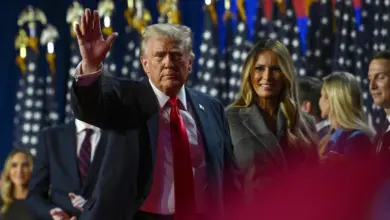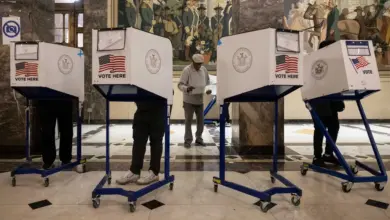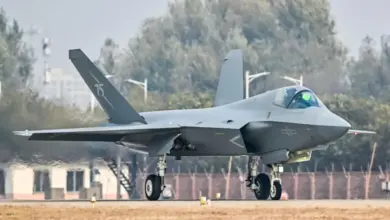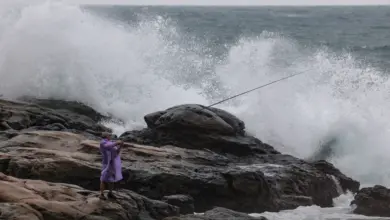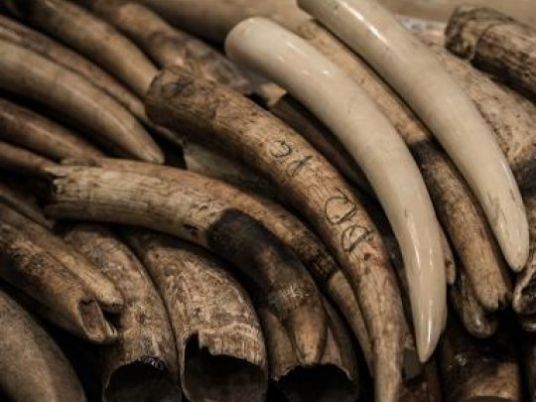
Hong Kong's booming ivory market is helping push elephants towards extinction, conservationists said Thursday, reporting more ivory items on sale there than in any other city.
The sale of ivory items from government-registered stockpiles predating the 1989 ban is legal for domestic use in Hong Kong, but a report by Save the Elephants found tusks from recently slaughtered elephants were being passed off as old ivory, and that this ivory was being bought and then illegally smuggled to mainland China on a huge scale.
"Hong Kong's ivory trade is creating a significant loophole in international efforts to end the killing of elephants in Africa," said the report released in Kenya and Hong Kong.
"No other city surveyed has so many pieces of ivory on sale as Hong Kong," report co-author Esmond Martin said.
The report found more than 30,800 items — mainly jewellery and figurines — for sale in 72 stores and estimated that over 90 percent of sales were to buyers from mainland China, where demand for ivory is high.
Hong Kong's low taxes make ivory cheaper to buy than in China and "lax" border controls mean some 40 million people cross each year with little oversight meaning the Hong Kong trade is having a major impact on efforts to end elephant poaching in Africa.
"A mass slaughtering of African elephants is underway, yet the Hong Kong government is turning a blind eye," said Alex Hofford of campaign group WildAid.
"For 25 years since the international ban, Hong Kong's ivory traders appear to have been laundering poached ivory from illegally-killed elephants into their stocks," said Hofford.
The report described Hong Kong as the world's third-largest ivory smuggling hub after Kenya and Tanzania.
Call for total ivory retail ban
Multi-ton seizures of smuggled ivory have been made regularly in recent years, with the ivory coming from poached elephants in countries including Tanzania which saw its elephant population drop from 109,000 to 43,000 between 2009 and 2014.
Beijing has made efforts to curb the trade, stepping up prosecutions of smugglers and seizures of ivory at border posts, but campaigners say the measures have not gone far enough.
Surging demand for ivory in Asia is behind an increasing death toll of African elephants, conservationists say, as authorities fail to bust international smuggling networks.
"Unless the ivory trade in Hong Kong is closed down the territory will continue to represent a major threat to survival of the species," said Iain Douglas-Hamilton, founder of Save the Elephants who described the elephant slaughter as "a holocaust".
More than 30,000 elephants are killed every year to satisfy demand for ivory in China and the Far East, where tusks are worth more than US$2,000 (1,790 euros) a kilogram. It is estimated that there are between no more than 470,000 elephants left in Africa.
"China holds the key to the future of African elephants," said Hamilton. "If the killing continues we will lose most of the elephants in the wild in Africa."
In the 1960s, Hong Kong was one of the most famous and largest ivory carving centers in the world. No ivory has been legally imported to Hong Kong since 1990, with all sales since then officially coming from registered stockpiles.
According to official figures, 242 tons of ivory were sold in Hong Kong between 1990 and 2008, an average of around 13 tons a year. But since 2010 recorded sales have slowed to just a ton a year, despite soaring demand and the number of visitors from mainland China having more than doubled in the same period.
"The only way to fix the problem is for the government to legislate for a commercial ivory sales ban," Hofford said.

